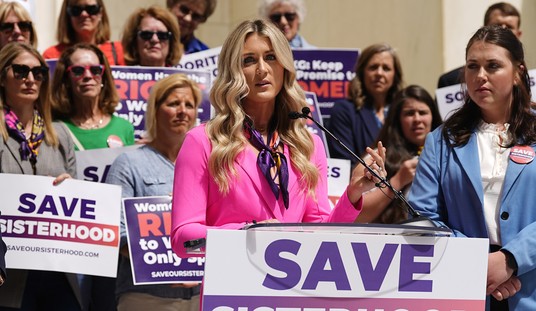
Here is the problem: Many Americans who have health insurance to pay for expensive healthcare are doing the responsible thing.
They check to make sure the hospital or other medical facility that they want to use is “in network,” meaning that its costs are covered by insurance, by well-known co-pays, and by agreed-upon deductibles and out-of-pocket maximums. They are following the rules of the game and they are getting unexpected and unjust “surprise” bills anyway.
This feels like cheating to them, and it is.
American patients are informed, after the fact, that while the facility they used was “in network,” somehow one or more of their providers was “out of network” and the patients were subject to unexpected higher charges the patients are unfairly required to pay.
This surprise medical billing has stung a lot of Americans. According to one study by Stanford University, nearly 40 percent of American patients say they’ve suffered from unexpected, out-of-network bills. That is not a small percentage. It simply shows that the current system is rigged against the patients and needs to be fixed.
One proposed solution for how to do that is called benchmarking. It is not a good idea. As we have explained here, benchmarking would give the federal government final authority to set and impose medical rates across the country. Washington, D.C. bureaucrats would be charged with determining rates for physicians across the country:
It would ignore the fact that the cost and level of difficulty for performing health care services and treatments varies greatly by region and facility. By setting artificially lower-than-market rates for these services, doctors would be short-changed for the invaluable services they provide. These losses would simply be passed on to our nation’s hospitals and emergency rooms — threatening the financial stability of rural health care facilities in particular.
As David Williams of the Taxpayers Protection Alliance explained and we reported here, benchmarking amounts to price controls and would reward the more politically connected, larger parts of the health care industry while hurting those parts of the industry without much clout. This would be a national healthcare nightmare.
If the choices were only the current surprise billing system or benchmarking, it almost might be worth sticking with the devil we know.
Fortunately, those aren’t the only two options. Indeed, the notion that the solutions are either benchmarking or throwing up our hands is a false dichotomy — where you say there are only two choices as a way of swaying people, when there are really other options that could be more appealing.
There is another solution to this problem, one that would force insurance companies and medical providers to haggle it out and not bill hapless patients for the insurance companies and medical providers refusal to come to terms. This approach has already been tried in New York and it worked well.
Linda Lacewell, superintendent of the New York State Department of Financial Services explained in the New York Daily News:
From its implementation in March of 2015 through the end of 2018, the Out of Network Law has saved New Yorkers more than $400 million in emergency services alone, reduced out-of-network billing in New York by 34%, and lowered in-network emergency physician payments by 9%.
That same basic approach has been drafted into a bill with bipartisan support called the Stopping the Outrageous Practice of Surprise Medical Bills Act of 2019. It would keep the government out of the price setting game and would instead force insurance companies and out-of-network doctors into binding arbitration to settle the bills and leave the poor patients be.
The two would try to work something out and only when there was an absolute failure to come to terms would an arbitrator impose a settlement, on a case by case basis. The uncertainty of what the arbitrator would do is a strong incentive for each side to settle and stop making this the patient’s problem.
The STOP Surprise Medical Bills Act is a better solution to the surprise medical billing.














Join the conversation as a VIP Member